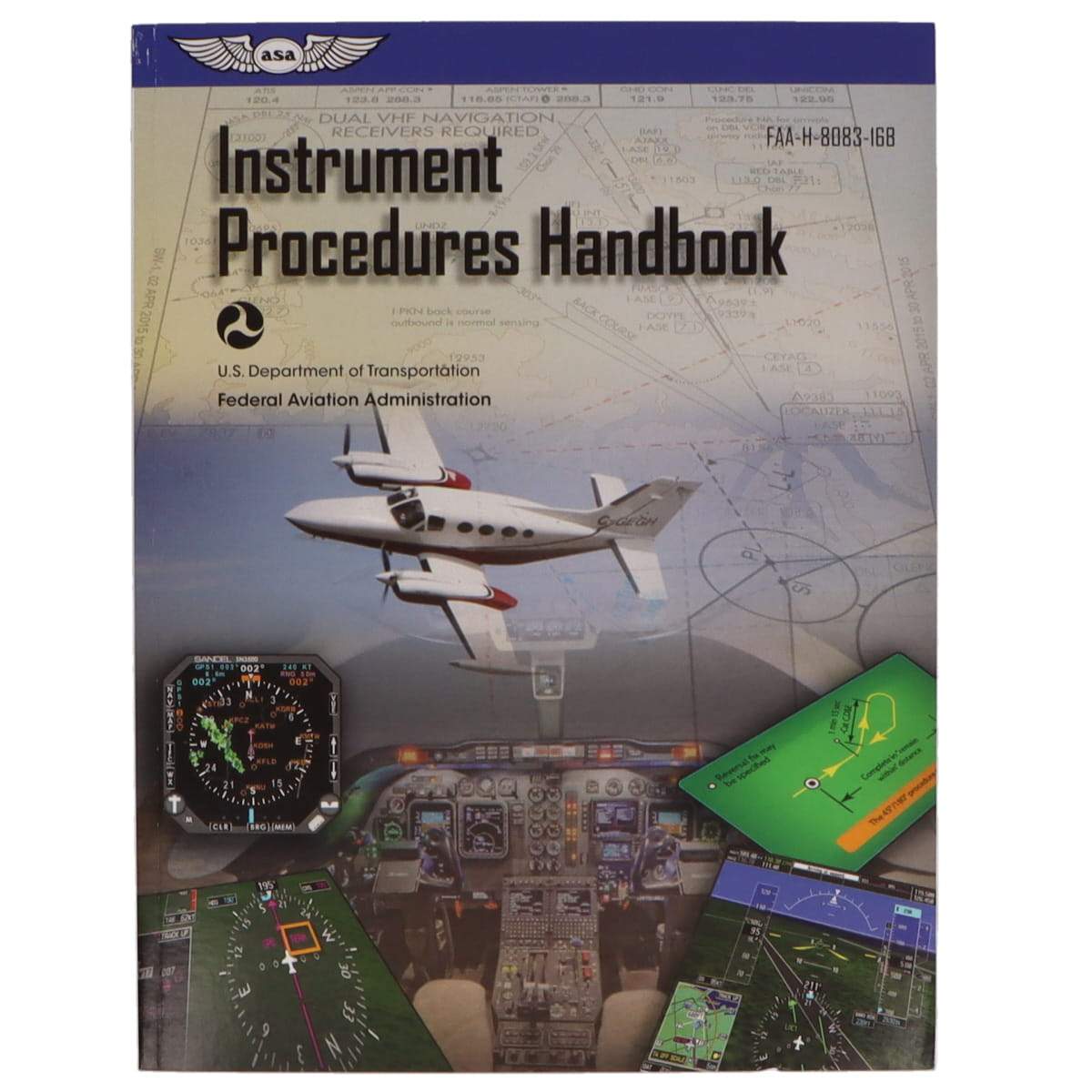IFR training is arguably the hardest training for a new pilot. There are a lot of moving parts. Your body goes through new sensations that you don't experience in VFR, and you have a much higher workload in the cockpit. You also have a significant amount of practical knowledge to learn. IFR training can be overwhelming. We put together this article to help guide you through ways to make the experience much more enjoyable.
10 Tips to Help Breeze Through IFR Training
We won’t sugarcoat it, IFR training (instrument training) can be challenging and demanding. Even after the training and you have earned your Instrument Flight Rules certification, you must maintain instrument currency to be a safe IFR pilot.
The reward of all this perseverance is gaining a skill set that can get you out of trouble if the weather goes sideways while you are in the air. With your instrument rating, you will also be free to fly in conditions where VFR pilots are grounded.
You’ve made your decision, chosen your school, and signed up for classes. Now, here are 10 tips to help you breeze through IFR training.
1. Come into your training with realistic expectations
Before your first day of class, know what you are getting yourself into. Instrument training is hard – very hard – and it requires you to learn and retain loads of information.
This is not a quick process, so don’t get fooled by the seemingly easy-to-obtain 40 instrument hours required prior to taking your checkride.
Know that statistically, it will likely take you longer than the 40 legally required hours to master the skills. The important thing is skill-mastery, regardless of how many hours it takes to obtain that mastery. Don’t try to cut corners.
2. Study for and pass the written test as soon as possible

Even if you aren’t prone to test anxiety, the written test can be intimidating because failing it means being grounded until you pass a subsequent retest.
Invest in some extra study hours right away. Master the material, ace the test, and carry that confidence into the rest of your IFR training.
Read the Rod Machado Instrument Pilot Handbook and study the ASA The Instrument Flight Manual, 8th Edition to help you learn the information.
3. Learn to think ahead of the aircraft

This is something you should always be doing even with VFR flying, but when you make the jump to instrument flight rules, thinking ahead becomes even more important.
4. Practice operating under tighter tolerances

In instrument training, you will be drilled to stick the numbers. Altitude deviations must be no more than 200 feet. Clean up any sloppy habits you may have picked up and fly your VFR flights by the same high standards as you will be training on for IFR.
Want to Understand the Flight Rules? Explore Our Detailed Blog on 'VFR vs IFR'
5. Memorize the basic flow of an IFR flight

No two flights are identical, but they all take you as a pilot through similar events. Get a head start by memorizing the basic flow of all IFR flights, so you are comfortable and able to anticipate what will happen next.
6. Practice delivering approach briefs
Actors memorize their script and rehearse their lines over and over prior to taking the stage. By the time they walk out to perform, they are confident. You can apply the same strategy to your approach briefs.
By spending time practicing the delivery of your approach brief, you take away the potential stress of feeling unsure about the content when you deliver a brief to your instructor.
7. Review and memorize frequently used approach plates
Once you know which approaches you will use most, study and memorize those approach plates. A strong familiarity with the plate will make it easier to deliver the approach brief and to ace the approach.
8. Get your first real-world experience with IMC while in training

All the simulations and book knowledge you gain still can’t compare to the real-world experience of that first flight in instrument meteorological conditions (IMC). Near the end of your training, when you are about to take your checkride, ask your instructor about taking you up on an IMC day.
9. Learn to ask “Why?”
Little kids love the word ‘why,’ and they pester their parents with it incessantly. “Why is the sky blue?” “Why do I have to go to bed before the sun does?” “Why does that strange man smell so bad?”
But consider for a moment why the kids are asking those questions. They are avid little learners, and they are asking so that they can understand and learn.
It is the same with you during instrument training. You are now responsible for everything in and around the aircraft. You will learn about topics like meteorology, which you may have zero background in.
To engage in deep learning, you must do more than simply memorize materials. Knowing the answer isn’t always enough – it can be just as important to know ‘why.’
When you take your checkride, your designated pilot examiner (DPE) will expect you to demonstrate a knowledge of why you are performing certain tasks. Your oral exam will show you both know the correct answers and why they are correct.
Prepare to do just that by asking all those ‘why’ questions throughout your training.
10. Remember your why
Finally, speaking of ‘Why,’ it is also important to remember your personal ‘why.’
IFR training can be harder and more frustrating than you expected. You may be tempted to quit and say that it wasn’t for you, or you just couldn’t do it. In those moments, remind yourself of your ‘why.’
Why did you sign up in the first place? What motivated you to take this challenge and what do you hope to gain at the end of it?
Reminding yourself why you are there can give you the strength and resiliency to continue and achieve your goal.
Something to Remember
Earning an instrument rating isn’t easy, and many give up along the way. Prepare yourself to be one of the students that succeed. Set realistic expectations, prepare for training, study, practice, ask questions and remember why you are there. By setting yourself up for success, it won’t be long before you, too, will be an IFR-rated pilot.
Increase Your Knowledge
Help to increase your aeronautical knowledge by checking out these articles:







